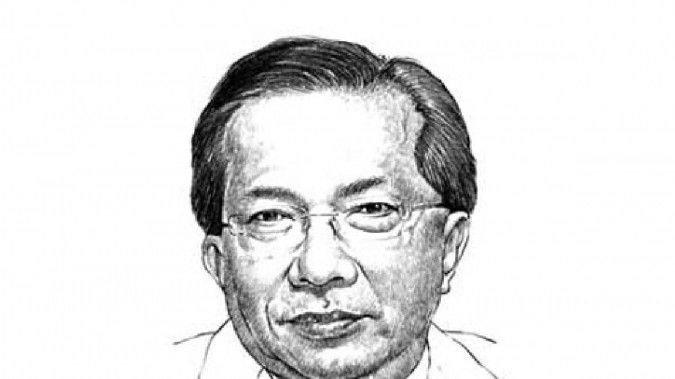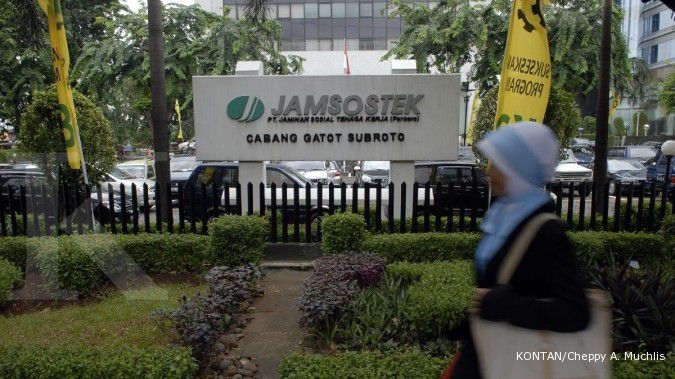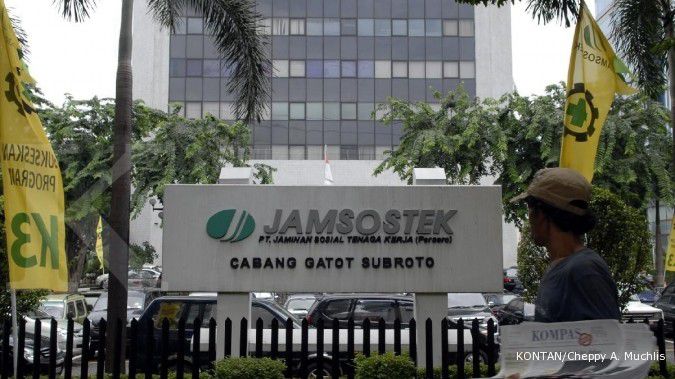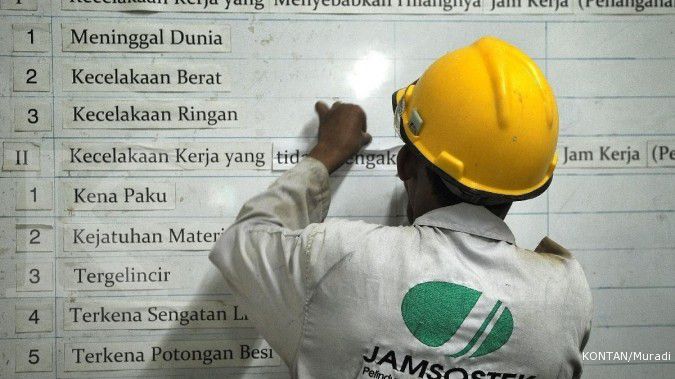JAKARTA. State-owned insurance company PT Jamsostek, which has been appointed to organize the occupational social security programs, says that it will crack down on companies who fail to join the social-security program.
Jamsostek’s presiding director Elvyn G. Masassya said that the planned crackdown had been sanctioned by the 2004 National Social Security System Law and would allow the company to run audits on all companies to check whether they had already registered their workers with Jamsostek and if they had already paid their contributions to the social security programs in accordance with the law.
“Jamsostek will give incentives to companies complying with the law and sanction those that violate the regulation. The former will receive awards as a gesture of high appreciation of their commitment to protecting their workers, while the latter will be exposed to the public and reported to the Manpower and Transmigration Ministry for further legal action,” he told The Jakarta Post here on Monday.
Through such exposure truant companies would be subject to negative publicity.
Elvyn revealed that out of 29.1 million workers registered with Jamsostek, the accounts of 17.9 million workers were inactive because their employers had failed to pay their contributions to the social-security programs.
Some companies also opted to report only a percentage of their total workforce in an effort to reduce the amount of premiums paid to Jamsostek.
Workers with suspended accounts could face financial problems should they experience workplace accidents and when they reached the mandatory pension age or when they died, because the workers and their families would receive little or no compensation or other benefits.
“Many workers or their families don’t get maximum benefits because their employers have reported only a part of their gross monthly wages to Jamsostek,” he said.
Elvyn said Jamsostek had received many complaints from workers and their families over the low benefits that they had received from the occupational accident and old-age pension schemes.
Jamsostek is now working to organize meetings with companies paying monthly contributions ranging from Rp 100 million (US$10,900) to Rp 1 billion as part of its campaign to achieve world-class social security provider status by January, 2014.
The company also plans to give awards to companies complying with rules and regulations.
So far, Jamsostek’s assets stand at Rp 37 trillion, a large portion of which belongs to workers under the old-age saving program.
Separately, Bambang Purwoko, an expert on social security systems and a labor economist with Pancasila University, urged Jamsostek to get tough with companies that continued to ignore the social-security programs.
He called on Jamsostek to use the existing regulations to force compliance among companies.
“Both the 1992 Occupational Social Security Law and the 2004 law which have been in effect since October 2009, give full authority to Jamsostek to report on companies which have not paid their dues. Besides, the Constitutional Court in its recent review of the 2004 law, reinstated workers’ rights to register themselves with Jamsostek at the expense of their employers,” he said.
Bambang said that Jamsostek should step up its efforts to file lawsuits against truant companies in district courts.
He also urged Jamsostek to expedite the work of transforming itself into a public company to prepare itself for becoming a single company running the mandatory national occupational social security systems.
“Besides developing more infrastructure such as regional offices in all regions and industrial estates, Jamsostek has to immediately update the data on social-security program participants by adopting the single identity cards which have been launched by the Home Ministry under the e-ID program and prepare online services to achieve the one-day service program and to ensure the programs’ portability and universal coverage,” he said.
Jamsostek to crack down on truant companies
February 27, 2013, 09.31 AM
/2011/11/06/825910528p.jpg)
ILUSTRASI. A screen displays the Federal Reserve Chair Jerome Powell on the trading floor at New York Stock Exchange (NYSE) in New York City, New York, U.S., July 28, 2021. REUTERS/Andrew Kelly
Reporter: Amal Ihsan Hadian
| Editor: Amal Ihsan
Latest News
-
February 10, 2026, 02.44 PM
Indonesia Distributes $648 Million in Subsidies for Palm Oil Replanting Programme
-
February 10, 2026, 09.47 AM
FTSE Russell Postpones Indonesia Index Review
-
February 10, 2026, 06.42 AM
GLOBAL MARKETS-Stock Indexes Gain with US Technology Shares, Yen Strengthens
-
February 09, 2026, 10.13 PM
Gold Rises as Dollar Slips, Focus Turns to US Jobs Data
-
February 09, 2026, 05.55 PM
Indonesia to Hold Follow-up Meeting with MSCI This Week after Market Rout
-
February 09, 2026, 08.05 AM
GLOBAL MARKETS-Asia Rallies as Japan Shares Surge to Record Peak
-
February 08, 2026, 02.30 PM
South Korean Crypto Firm Accidentally Sends US$44 Billion in Bitcoins to Users
-
February 07, 2026, 05.13 PM
Indonesia-Australia Relations: Booming Business, Golden Opportunities for Investors
-
February 07, 2026, 04.59 PM
Indonesian Comedian Summoned by Police Over Netflix Show














